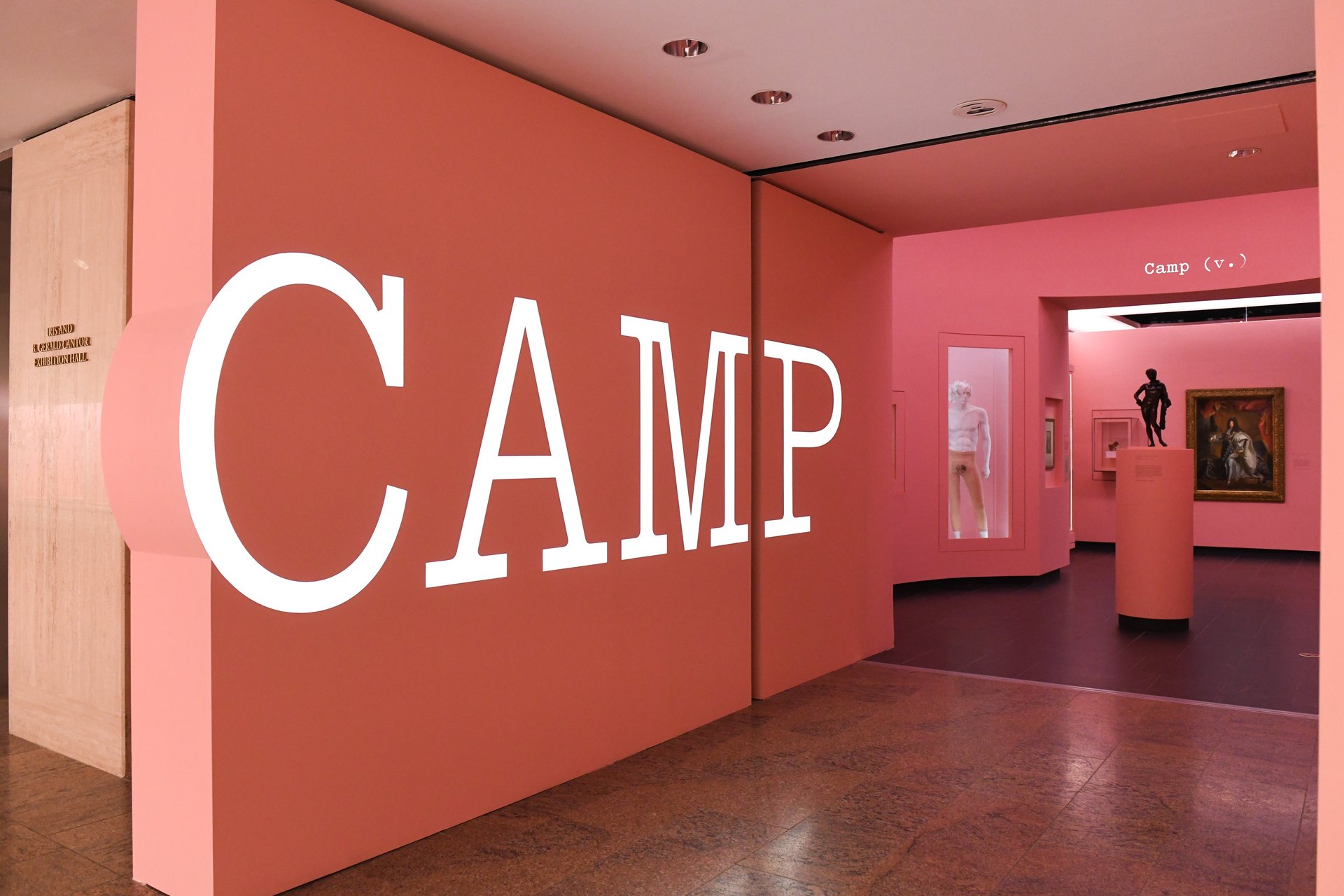What is Camp? The camp-themed Met Gala isn’t even sure
The annual Met Gala is in full swing at New York’s Metropolitan Museum of Art, and this year, fashion’s biggest night is all about “camp”—a niche, slippery “sensibility” that most people just pretend to understand.


The annual Met Gala is in full swing at New York’s Metropolitan Museum of Art, and this year, fashion’s biggest night is all about “camp”—a niche, slippery “sensibility” that most people just pretend to understand.
Camp, as one colleague put it, is “one of those things someone would start talking about at a dinner party and I would be like ‘uh huh, totally’ before desperately Googling it.” Indeed, numerous articles and explainers emerged ahead of the gala, their writers relishing the opportunity to explain camp to the masses. And yet, camp remains elusive—is it a way of dressing, a way of thinking, or a way of acting? Is it drag? Lamps? Louis XIV? Lady Gaga? Help!
According to Susan Sontag, whose 1964 essay “Notes on Camp” inspired the theme, camp is “the sensibility of failed seriousness, of the theatricalization of experience.” And according to the captions in the Met’s exhibition,“Camp: Notes on Fashion,” that sensibility encompasses everything from “decorativism” to “the trash aesthetic.” The captions feature quotes from prodigious designers and literary greats alike, and while they may not explain camp much better than the bloggers, they certainly have fun trying.
A list of things, actions, people, and attitudes that are camp
- “granny specs” — Mark Booth, 1983
- “pink flamingoes” — Philip Core, 1984
- “a great jewel, 22 carats” — Kenneth Williams, 1983
- “Judy Garland” — Philip Core, 1984
- “the more feathery romantic ballets” — Stephen Jones, 1964
- “cultural slumming”— Mark Booth, 1983
- “girls who wear starched maternity dresses without being pregnant” — John Galliano, 1962
- “Josephine Baker” — Philip Core, 1984
- “to be perversely committed to the trash aesthetic” — Mark Booth, 1983
- “discarded-but-still-glittering bits of debris” — J. Bryan Lowder, 2013
- “Marilyn Monroe type-cast as a tartelette extraordinaire” — Philip Core, 1984
- “a lie that tells the truth” — Philip Core, 1984
- “a clenched fist on a limp wrist” — Richard Dyer, 1977
- “tarting up ideas in costume jewelry” — Alan Brien, 1961
- “happiness” — Christopher Isherwood, 1970
“-isms” that are camp
- “dandyism in the age of mass culture” — Susan Sontag, 1964
- “historicism viewed histrionically” — Philip Core, 1984
- “royalism, diabolism, and British socialism” — Philip Core, 1984
- “absolute decorativism” — Mark Booth, 1983 (on Versailles)
- “outrageous aestheticism” — Susan Sontag, 1964
- “the heroism of people not called upon to be heroes” — Philip Core, 1984
Various smart things to say, if you’re still not sure
- “Camp is the psychopathology of affluence” — Susan Sontag, 1964
- “Camp is a mode of perception whereby artifacts become the object of an arrested, or fetishistic, scrutiny. It does not so much see everything in quotation marks as in parentheses. It is a solvent of context” – Andrew Britton, 1978
- “Camp is productively anachronistic and critically renders specific historical norms obsolete” — Pamela Robertson, 1996